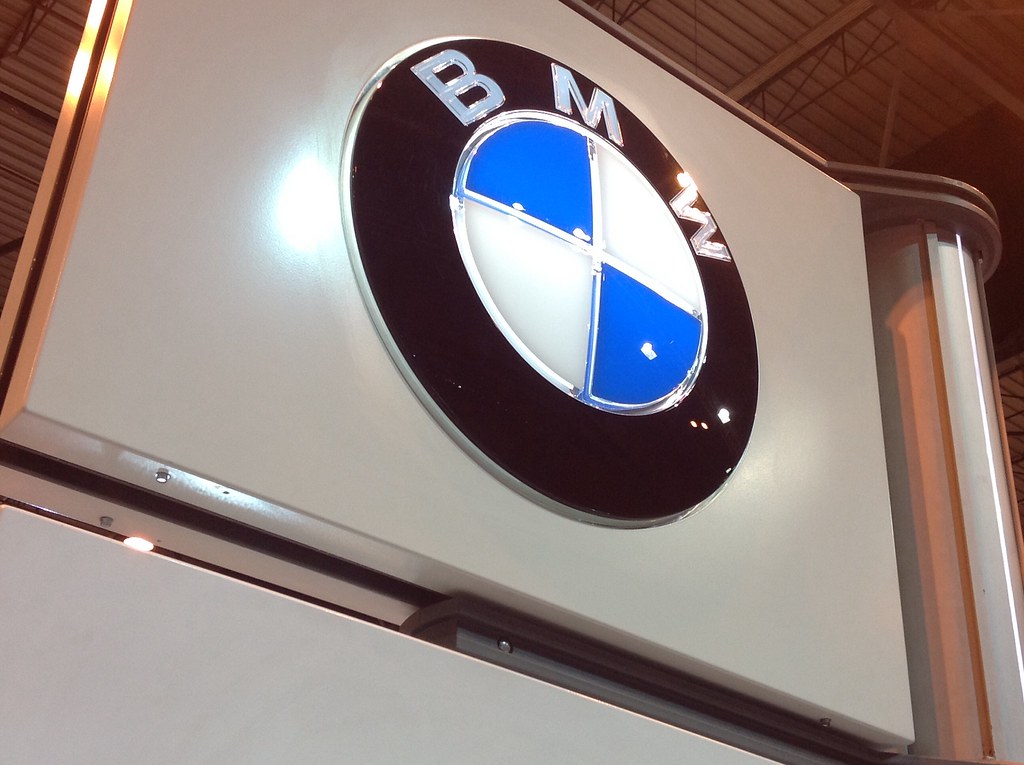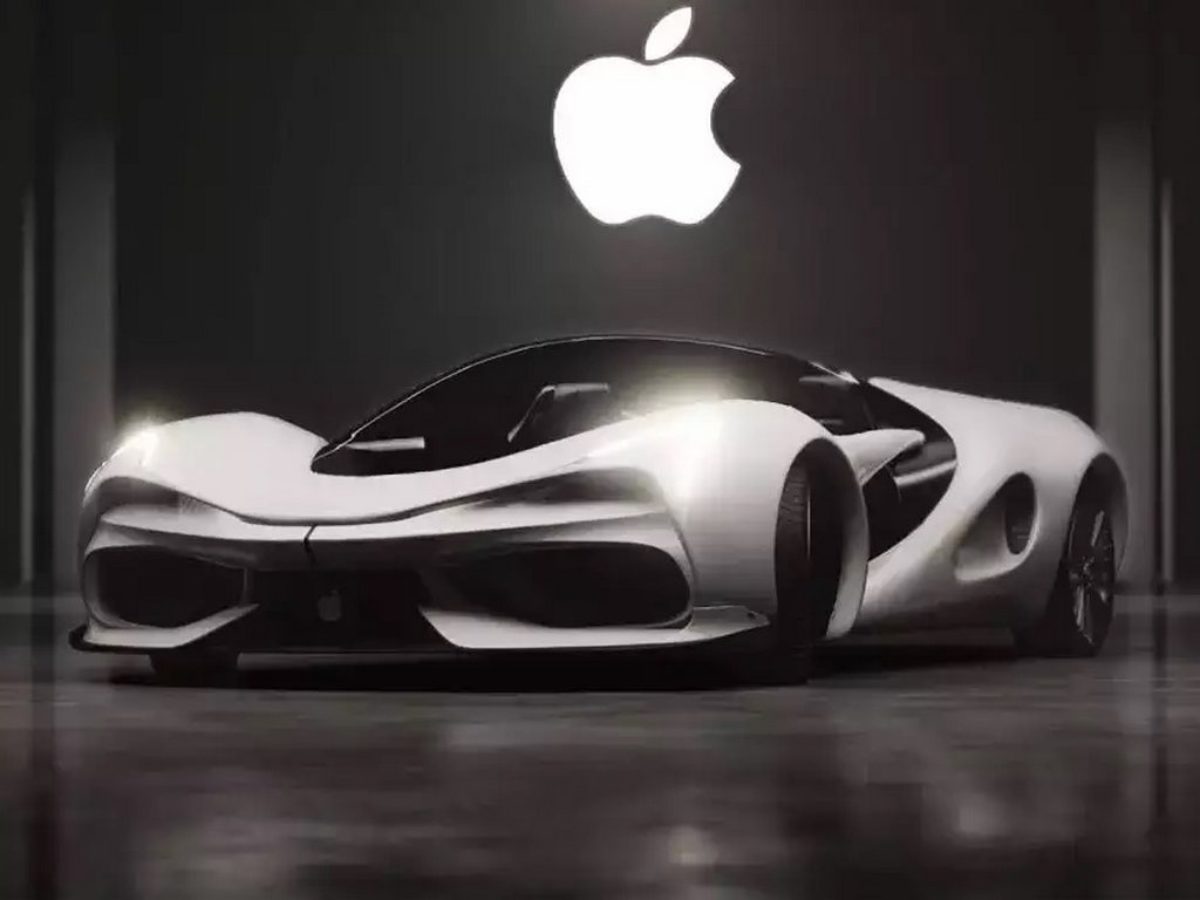As electric vehicles (EVs) are gradually becoming the standard, BMW is making a strong statement by dedicating the letter ‘i’ exclusively to its electric lineup, eliminating any ambiguity between its electric masterpieces, such as the i4, and its gasoline-fueled siblings like the 440i. BMW’s choice to reserve the ‘i’ prefix solely for EVs signifies a pivotal transformation in its branding approach, showcasing its dedication to an electric-powered future while honoring its gasoline heritage.

For decades, BMW has utilized a distinct nomenclature system to classify its vehicles, where the first digit signified the model series, followed by two digits indicating engine displacement, and finally, a letter representing the engine technology. Gasoline engines with injection systems were marked with an ‘i’, while ‘d’ was reserved for diesel, and ‘e’ for ‘eta’ or energy efficiency, which now applies to hybrids. But as BMW pivots towards electric vehicles, the ‘i’ has taken on a new role, leading the model series for its EVs, marking a significant shift in their branding strategy.
The transition from ‘i’ on gas cars began with the BMW i3, which, despite having a gas-powered range extender version, set the stage for the ‘i’ to symbolize electric innovation. BMW’s electric lineup, including the i4, i5, i7, and iX, all follow this new convention, reflecting the company’s commitment to electric mobility. Bernd Körber, Senior Vice President BMW Brand and Product Management, explained, ‘We would like to keep ‘i’ as an asset, and we would like to keep it as a signature to indicate you’re driving an electric car,’ emphasizing the importance of this branding decision.
This year, BMW enthusiasts can expect to see the updated nomenclature on models like the 1-Series, 2-Series, and the X3, reflecting the company’s evolving branding strategy. While it’s possible BMW may introduce a new letter for gas-powered vehicles, the company has previously sold models without any additional lettering, suggesting they might opt for a simpler approach, maintaining a clear distinction between their electric and gasoline lineups.
BMW’s ‘Power of Choice’ philosophy means they’re not abandoning internal combustion engines (ICEs) just yet, balancing their commitment to both electric and traditional engines. Frank Weber, Head of Development, emphasized the company’s ongoing investment in gasoline and diesel engines, citing stricter emissions regulations and the Euro 7 standards set to take effect in 2030. ‘We will continue to invest and develop gasoline, diesel, and plug-in hybrid engines,’ Weber stated, acknowledging the global nature of emission limits and the need for a diverse approach.
Reasons behind BMW’s diversified approach
The rationale behind BMW’s diversified approach is multifaceted. Charging infrastructure is still developing, green electricity is not yet abundant, and the sustainability of raw materials for EVs remains a concern. Furthermore, the end-of-life recycling process for EVs is a sensitive issue. With governments scaling back EV incentives, BMW predicts some consumers will lean towards ICE vehicles due to cost. By offering a variety of powertrains, BMW ensures it can meet the diverse needs of its customers.
Despite the ongoing commitment to ICEs, BMW’s Group strategy for MINI and Rolls-Royce is to go fully electric in the early 2020s, showcasing their forward-thinking approach. The future of ALPINA remains uncertain, but with a customer base not yet keen on EVs, gasoline engines are likely to stay in the picture for some time, reflecting the varied preferences of their clientele.

In the meantime, BMW is preparing for an electric future at its Munich plant, which will exclusively produce EVs starting in 2027. The company is investing €650 million to transform the facility, demonstrating its adaptability and readiness for the EV market. As the Munich plant transitions, BMW continues to train its workforce and adapt its production lines to meet the demands of modern automotive technology.
With the automotive industry undergoing a transformation, BMW’s choice to reserve the ‘i’ exclusively for EVs transcends mere branding; it’s a declaration of purpose. The company is staking its claim as a leader in the electric vehicle revolution while acknowledging the present market dynamics. BMW’s harmonious approach, embracing both tradition and progress, could very well serve as the compass guiding the intricate journey towards a more environmentally conscious automotive sector, balancing innovation with heritage.
Related posts:
BMW To Ditch ‘i’ On Gas Cars, Keep It Only For EVs
BMW Will Continue To Invest In Gasoline And Diesel Engines
BMW is planning to ditch gas-powered car production from German plant




